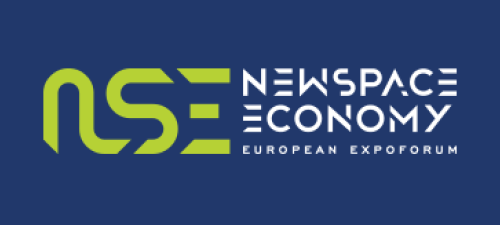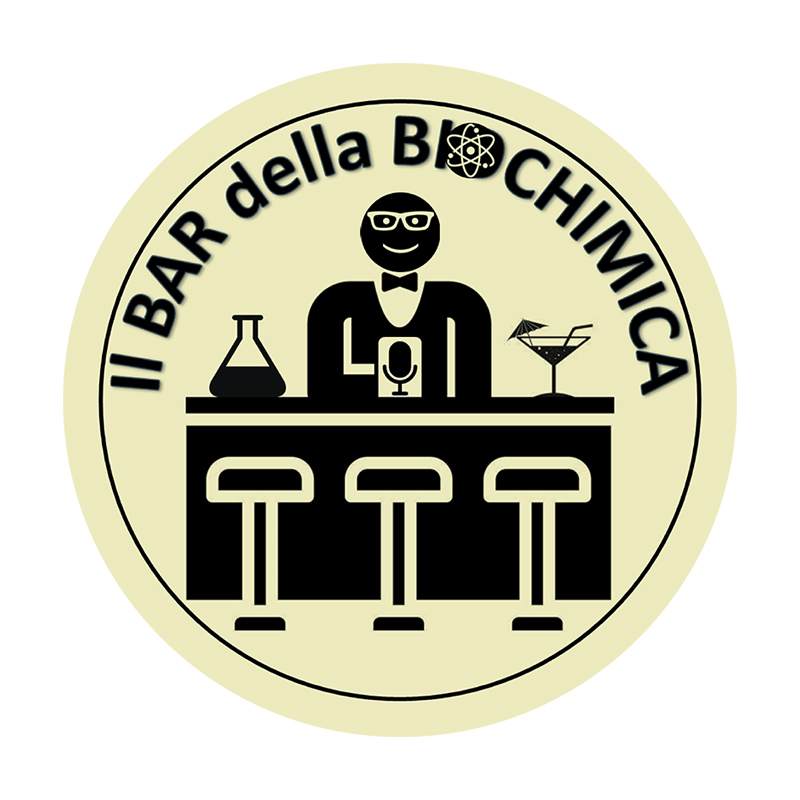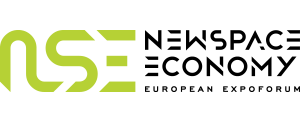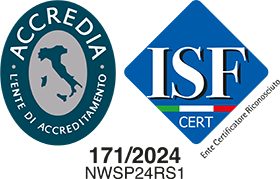
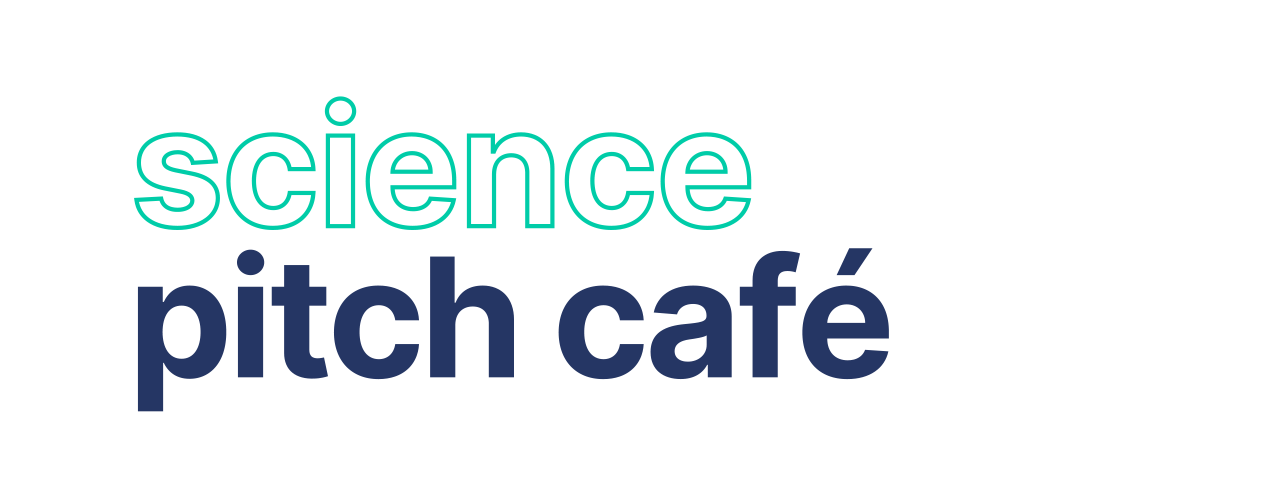
2nd day
Tuesday 17th December 2024
10.30 – 11.30
Antonio Caprara presents:
“L’Aeronautica Militare e il programma San Marco”
14.45 – 15.30
Marcello Spagnulo presents:
Alberto Rueda Carazo “A Party for Everyone? Analysing international efforts in space debris mitigation”
3rd day
Wednesday 18th December 2024
10.00 – 11.00
Matteo Bonissi presents:
“Il disastro della primrose – Minaccia in orbita terrestre”
Biochemistry Bar
The BIOCHEMISTRY BAR is an innovative analytical tool that allows us to evaluate the functioning status of our redox system through a small capillary blood sample, by Dr. Eugenio Luigi Iorio, a surgeon, specialist in clinical biochemistry and professor at the Federal University of Uberlândia (Minas Gerais, Brazil).
A perfectly functioning redox system allows astronauts to face the main challenges of life in space, first and foremost exposure to cosmic radiation. Therefore, alterations of the redox system (grouped under the phenomenon of “oxidative stress”) can be the basis of the “unwanted effects” of space missions. Unfortunately, alterations of the redox system do not give rise to any symptoms or clinical signs; they smolder like fire under the ashes “oxidizing” vital molecules and get evident only when it is too late.
Today, oxidative stress can finally be unmasked through simple tests, increasingly widespread even in common analysis laboratories, such as the d-ROMs test, of which Doctor Eugenio Luigi Iorio is a worldwide pioneer. During NSE 2024 this service will be offered free of charge, to a limited number of professionals who work in the aerospace sector, with the hope that the evaluation of oxidative stress may soon be included in the health status monitoring of astronauts. In addition, since it seems that permanence in space causes alterations in the metabolism of a free radical (nitric oxide), involved in the regulation of vascular tone, a screening test on saliva will also be offered to evaluate the levels of this precious substance.
The BIOCHIMICA BAR is open every day during NSE opening hours. The event logistic allows a maximum of 10 d-ROMs tests per day and 5 tests on nitric oxide to be performed, to pre-registered candidates
